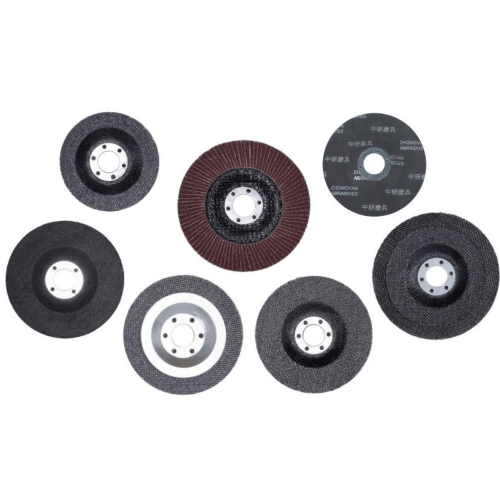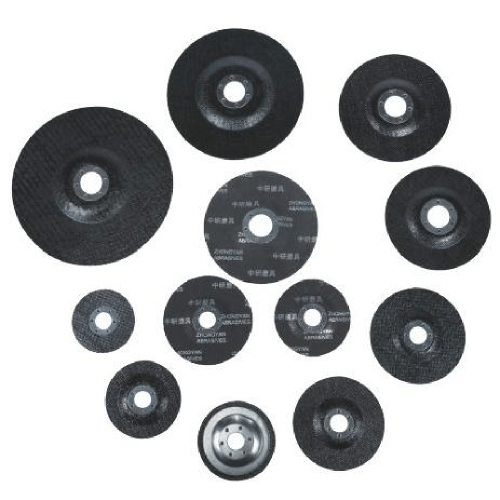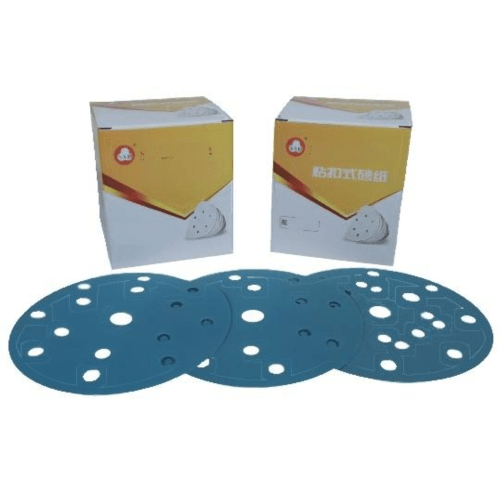silicon carbide
Silicon carbide (SiC) represents a groundbreaking compound of silicon and carbon, characterized by its exceptional hardness and remarkable thermal conductivity. This semiconductor material has revolutionized various industries due to its unique combination of electrical and physical properties. With a wide bandgap and the ability to operate at high temperatures, silicon carbide enables the development of more efficient power electronic devices. The material exhibits outstanding chemical inertness, making it ideal for harsh environment applications. In modern electronics, SiC plays a crucial role in power devices, LED manufacturing, and high-temperature applications. Its superior properties include high breakdown field strength, excellent thermal conductivity, and remarkable mechanical strength. The semiconductor industry particularly values SiC for its ability to handle high power densities while maintaining efficiency at elevated temperatures. This material has become instrumental in electric vehicle powertrains, renewable energy systems, and industrial motor drives. Additionally, its wear resistance and thermal stability make it valuable in various applications, from cutting tools to aerospace components. The continuing advancement in SiC technology has led to improved manufacturing processes, resulting in higher quality crystals and more cost-effective production methods.


